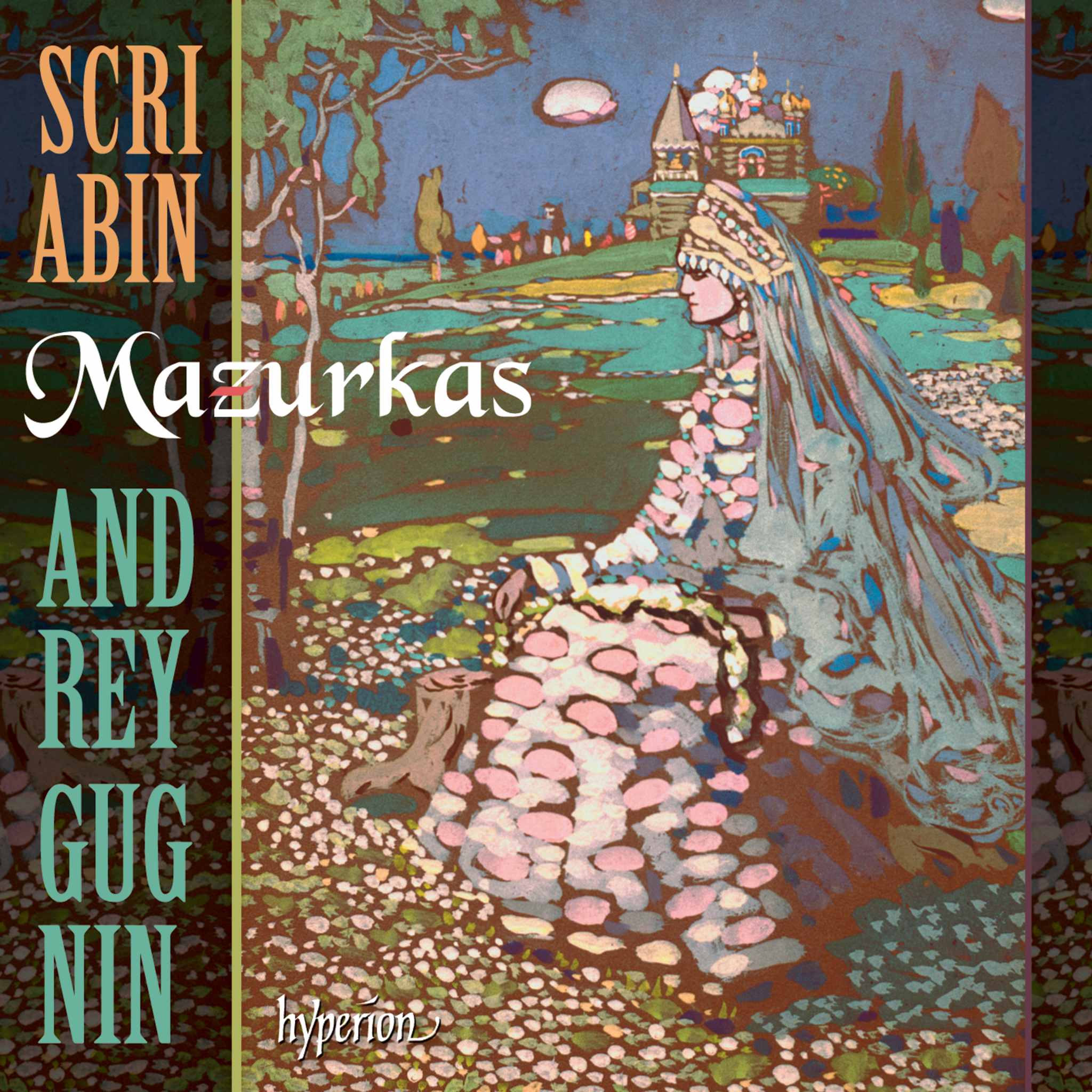The mazurka (also spelled masurka) is a dance originating in Poland, performed in triple time. Its name refers to the Masurian Lake District, where a folk dance called "Masurek" exists. This is one of Poland's five national dances, along with the krakowiak, polonaise, kujawiak, and oberek. Interestingly, the Polish national anthem is a mazurka.
However, the mazurka form familiar to us was developed in Parisian dance schools in the mid-19th century, particularly at the school of Henri Cellarius. The term "mazurka" likely arose from its adoption into Russian. In Russia, it was performed as a quadrille, but its complexity prevented it from gaining popularity in London. Simplified forms evolved into the polka-mazurka, which spread among European folk dances.
From 1840 onward, the mazurka made its way to Germany via Paris, this time as a social dance in bourgeois salons, and quickly spread throughout both urban and rural areas. The political context was the Polish War of Independence. Towards the end of the 19th century, the mazurka appeared in dance books of Alpine musicians and became more common after 1900.
Musically, the mazurka is generally in 3/4 time. Its distinctive feature is the subdivision of the first beat (for example, by dotted eighth notes or eighth-note triplets) and the resulting shift of accentuation to the second beat. Also typical is the waltz accompaniment with a low quarter note (bass) followed by two higher quarter notes (chord). Frequent repetitions of motifs and themes, sometimes even entire sections, are characteristic, separated by contrasting middle sections.








